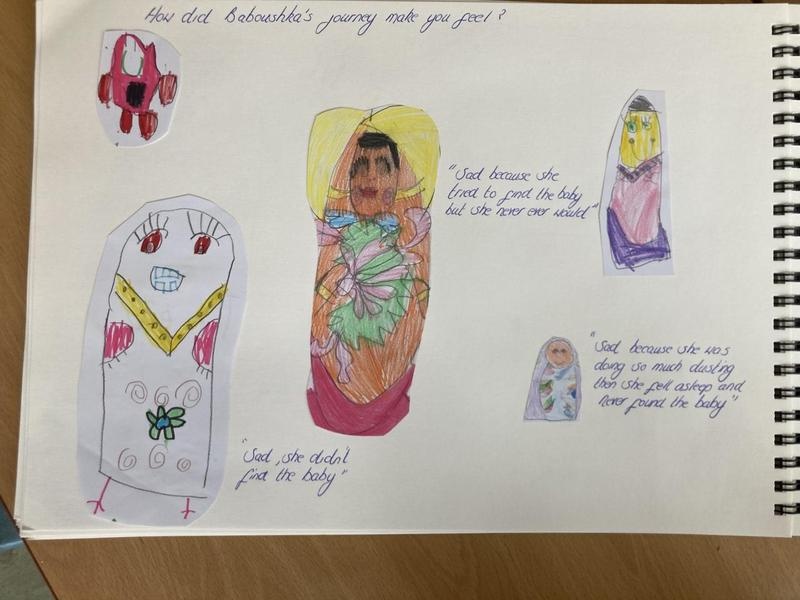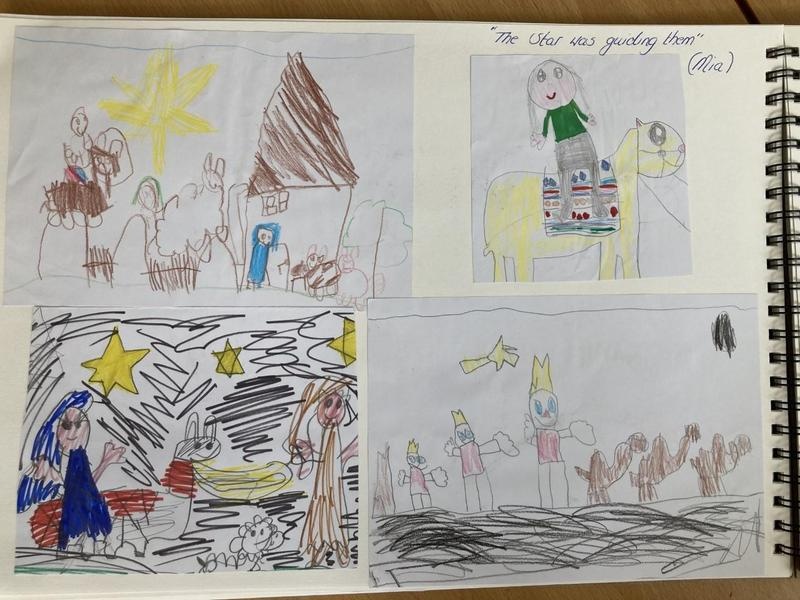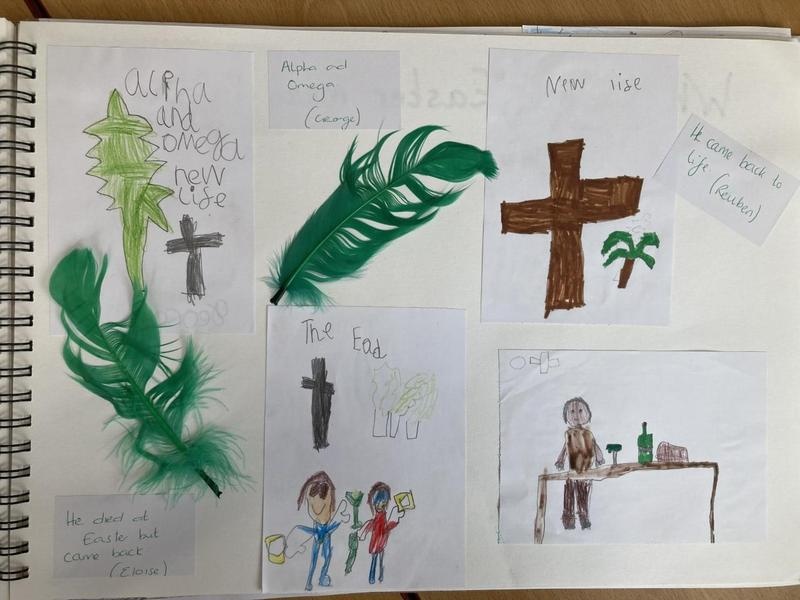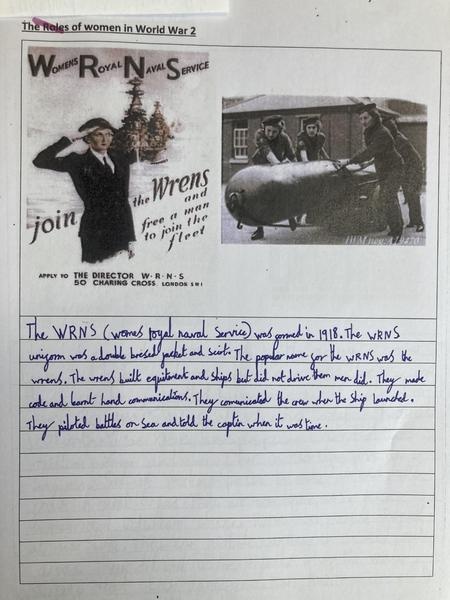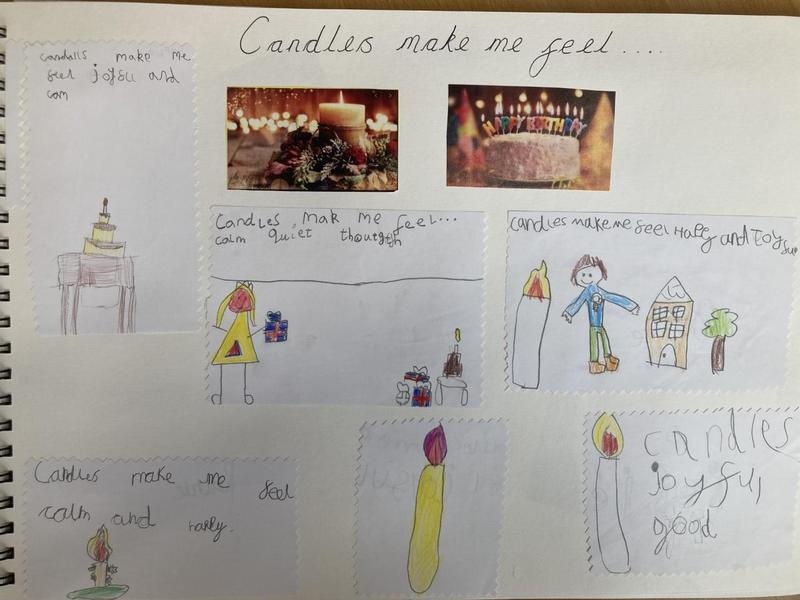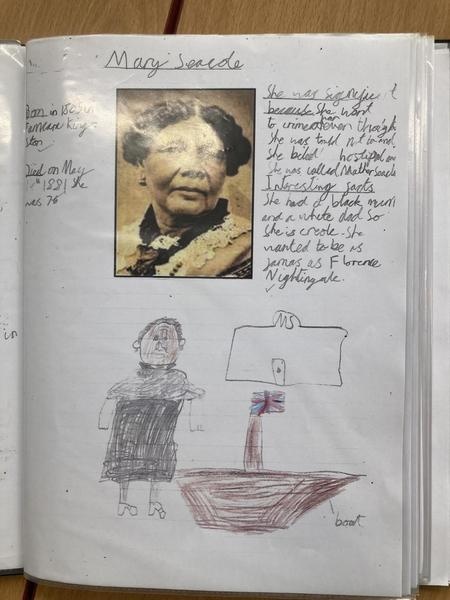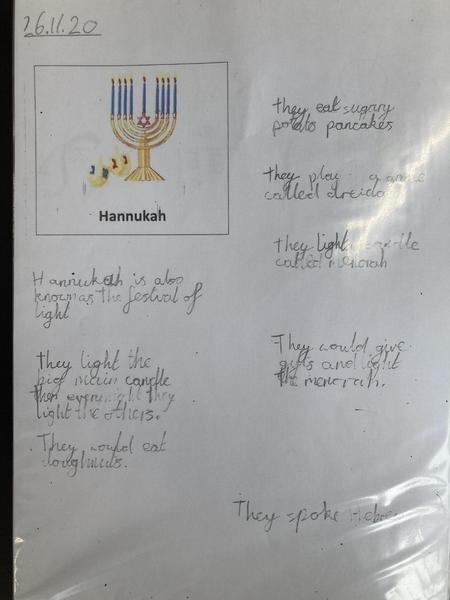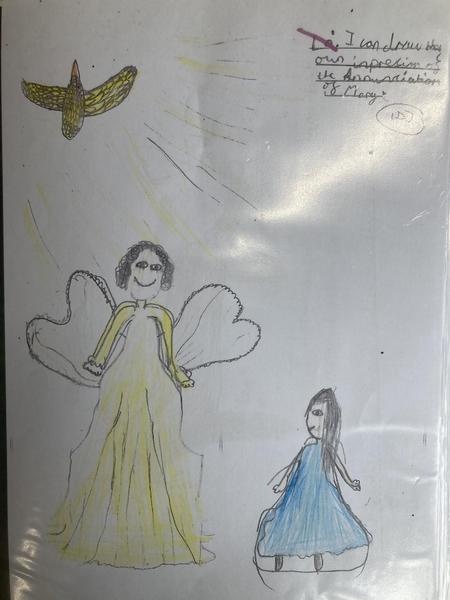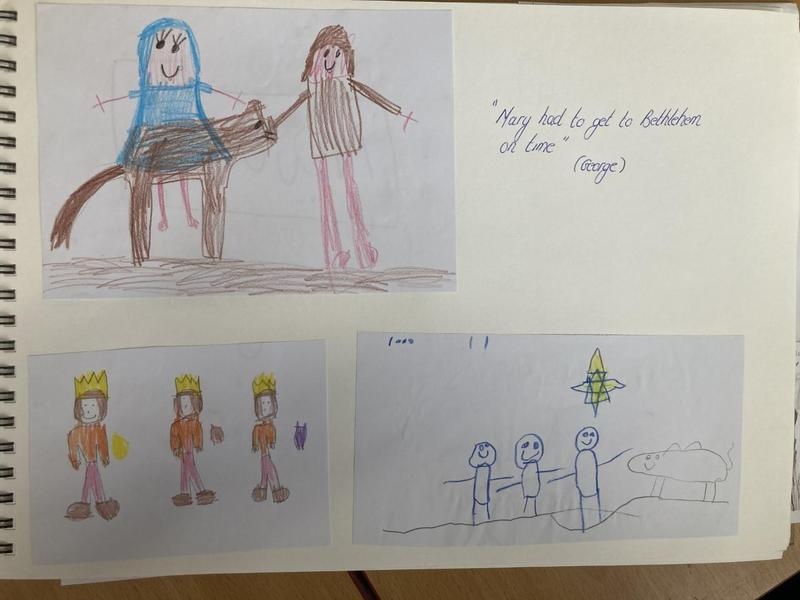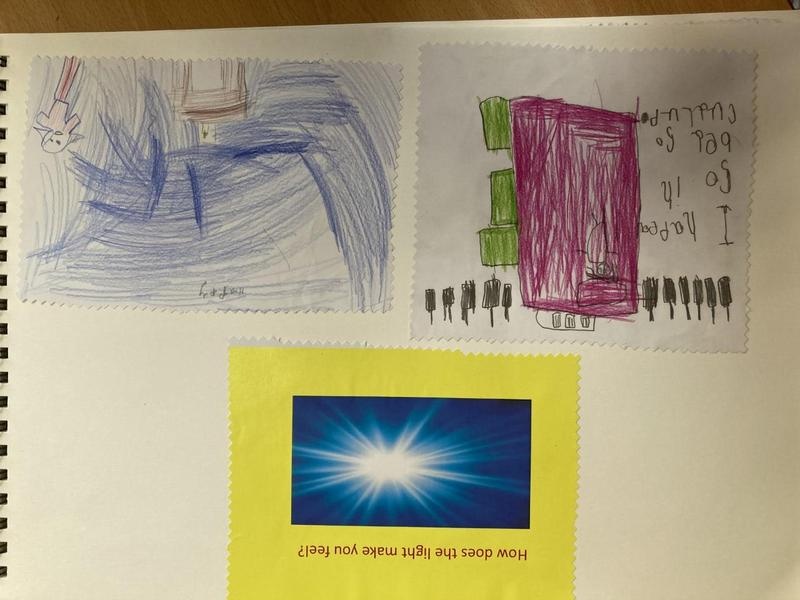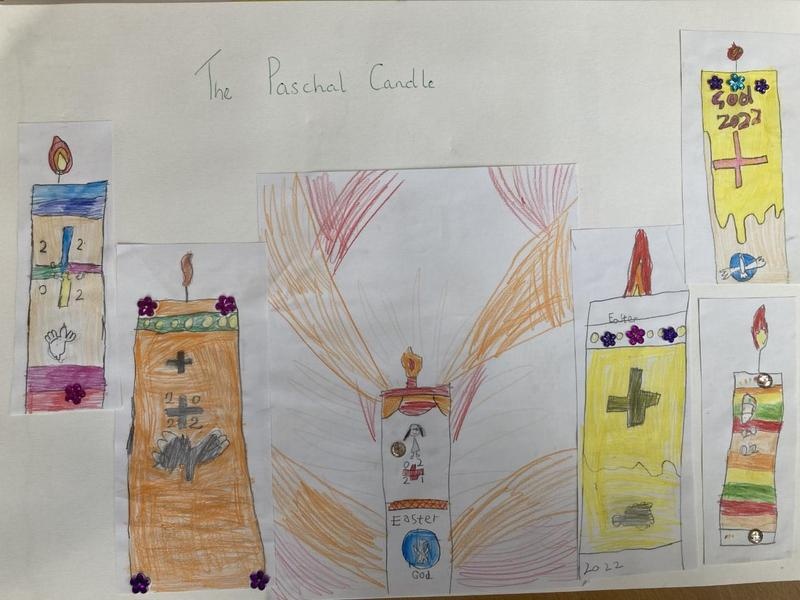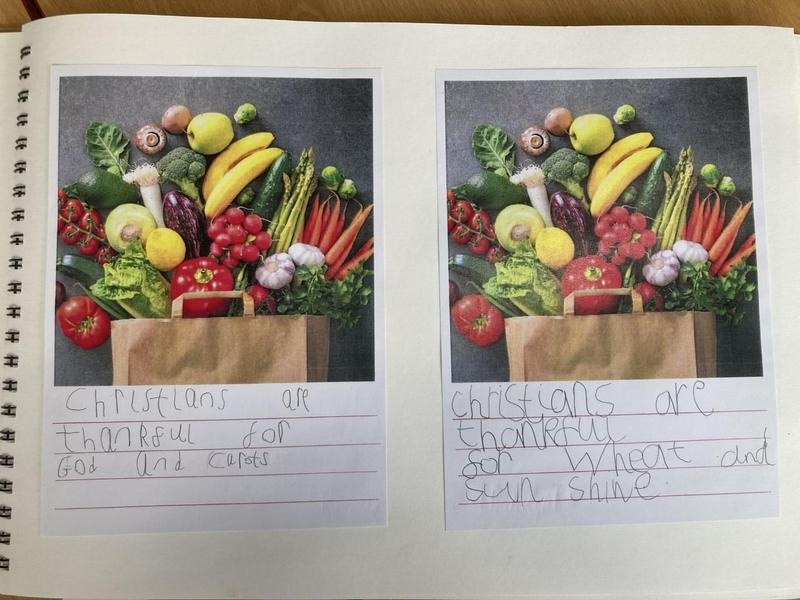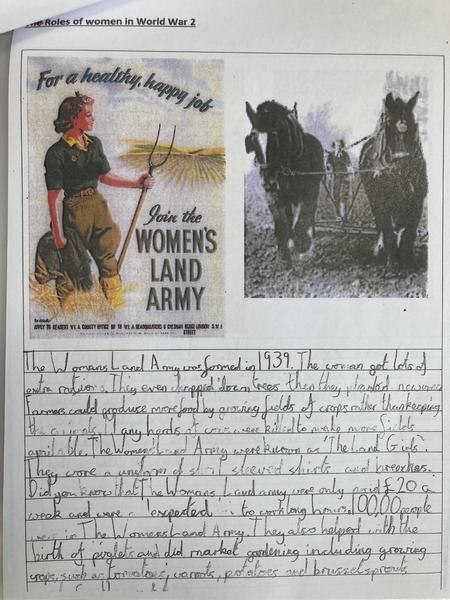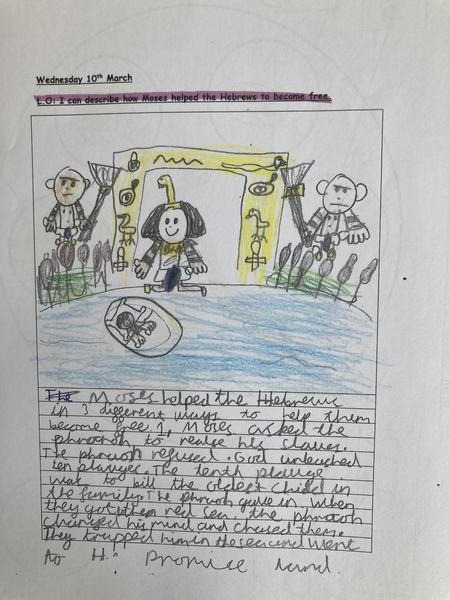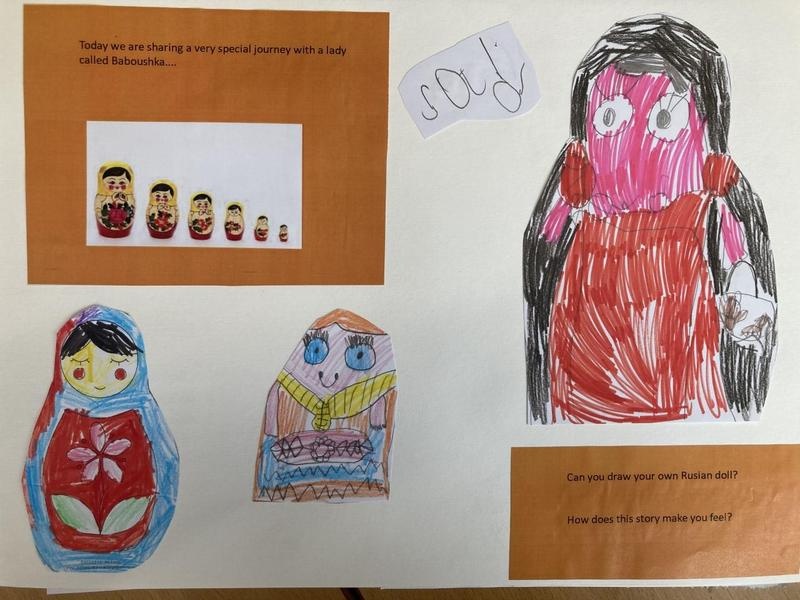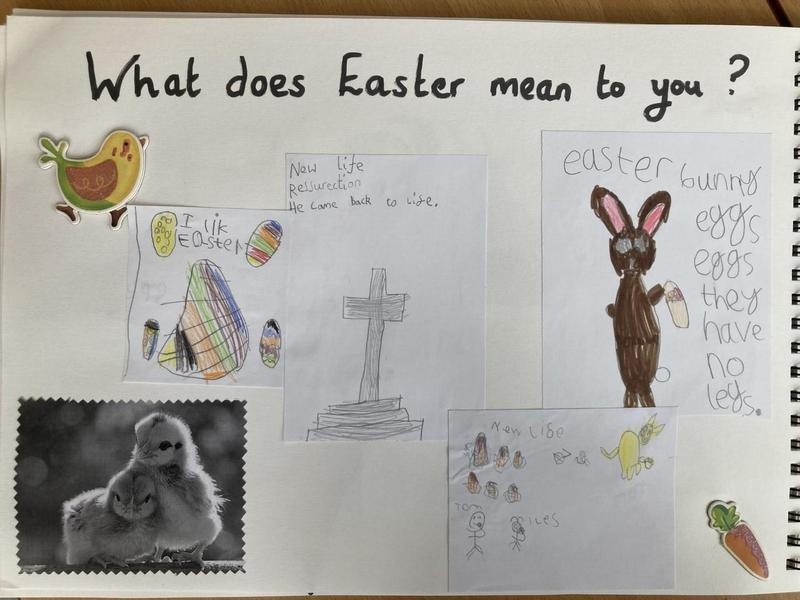Religious Education
Religious Education Intent
At Weeke Primary School, we are philosophers and communicators! Our intention is to open a door in the minds of our children to the beliefs of different people in the world and allow them to set their own ideas free. Religious Education is making sense of different beliefs about the world and our place in it. Through a curriculum created with enjoyment, expression and variation at its heart, the children’s knowledge and exploration of thinking builds progressively through learning journeys for particular religions but also through concepts across different religions.
Weeke Primary key values form the foundations for each learning journey. Children at Weeke Primary School are not afraid to tackle big ideas and offer their thinking to others. They learn to appreciate the diversity of belief within their peers, the school, the wider community and, ultimately, the World.
At Weeke Primary School we strive towards the enabling of individuals who are respectful and appreciative of views which differ from their own.
Our RE Learning
Religious Education Implementation
Teaching staff are provided with planning using the Living Difference III approach which focuses on conceptual enquiry. The subject leader supports staff to build on the medium term plans provided by Hampshire RE and also those developed by Weeke Primary.
Throughout Year R and Key Stage One, children develop their understanding of religious concepts through learning about Christianity and Judaism. At this stage, the concepts taught will be predominantly common to all people (A concepts); however, in Year Two concepts that are shared by many religions will begin to be introduced (B concepts). Over Year Three and Year Four, children continue to learn about Christianity and begin to study Hinduism. They continue to build their knowledge and understanding of A concepts but an increasing number of B concepts are introduced. In Year Five and Six, children learn about Christianity and Islam. The degree of complexity with which the children engage with A concepts increases and the concepts themselves become more challenging, for example: ‘Interpretation’ and ‘Sacrifice’ (Year Five). By Year Six, children study B concepts and concepts that are distinctive to particular religions (C concepts) are introduced.
Staff model to children positive values including how to look after themselves and others, encouraging them to seek help, support or advice whenever they need it.
Through Weeke primary school assemblies and class workshops children are taught about the United Nations Convention on the Rights of the Child articles which have been chosen to link to British Values. These have been chosen to ensure that children learn to respect their rights and the rights of others.
The Process of RE at Weeke
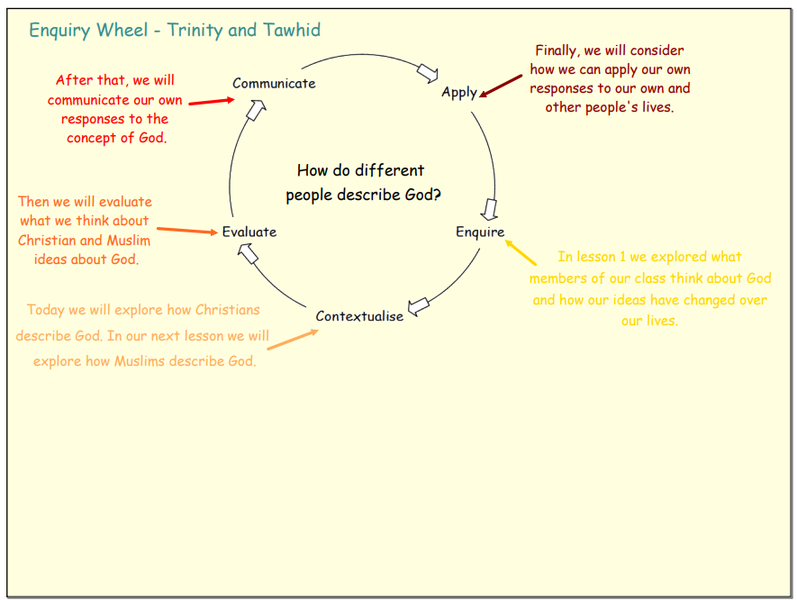
Religious Education Impact
- Children at Weeke Primary gain knowledge and understanding of the way people make sense of the world through religion and belief.
- Children at Weeke are curious, creative learners who are not afraid to tackle ‘big ideas’ and offer their thinking to others.
- Children express their knowledge and understanding of religions and beliefs in a variety of ways, including through writing, art, construction, music, ritual and drama.
- Children will achieve age related expectations in RE at the end of their cohort year.
RE in Early Years at Weeke
Statutory Statement on Withdrawal from Religious Education
Weeke Primary School is committed to providing a broad and balanced curriculum that includes Religious Education (RE) as a statutory subject. In accordance with the Education Act 1996 and subsequent legislation, parents have the right to withdraw their children from RE classes.
Withdrawal Process:
-
Parental Rights: Parents or guardians may withdraw their child from all or part of the RE curriculum. This right is applicable to all registered pupils at Weeke Primary School, including those in Reception classes.
-
Notification: Parents wishing to exercise this right should notify the school in writing, stating their intention to withdraw their child from RE. This notification should include the child’s name, class, and the specific aspects of RE from which they wish to withdraw.
-
Discussion: Upon receiving a withdrawal request, the school will arrange a meeting with the parents to discuss their concerns and the implications of withdrawal. This meeting aims to ensure that parents are fully informed about the RE curriculum and the educational value it provides.
-
Alternative Arrangements: The school will provide suitable alternative educational activities for the child during RE lessons. These activities will be in line with the school's ethos and values and will ensure that the child continues to engage in meaningful learning experiences.
-
Review: Parents may review their decision to withdraw their child from RE at any time. If they wish to reintegrate their child into the RE curriculum, they should notify the school in writing.
Conclusion: At Weeke Primary School, we value the importance of RE in fostering understanding and respect for diverse beliefs and cultures. We encourage open communication with parents regarding their child's education and are committed to supporting their decisions.
What next for our pupils?
A proportion of our children in Year 6 go on to our local secondary school - Henry Beaufort. We work closely with our secondary schools to support the best possible transition not only for the whole children but to ensure their successful curriculum journey continues. This includes curriculum opportunties where we visit the school or we have specialist teachers come to teach our children key knowledge, skills and understanding.
To gain a further understanding of the next step in our children's learning journey please visit Henry Beauforts curriculum pages. Here you will see how the Primary curriculum at Weeke enables the children to continue to make progress in given subjects.
